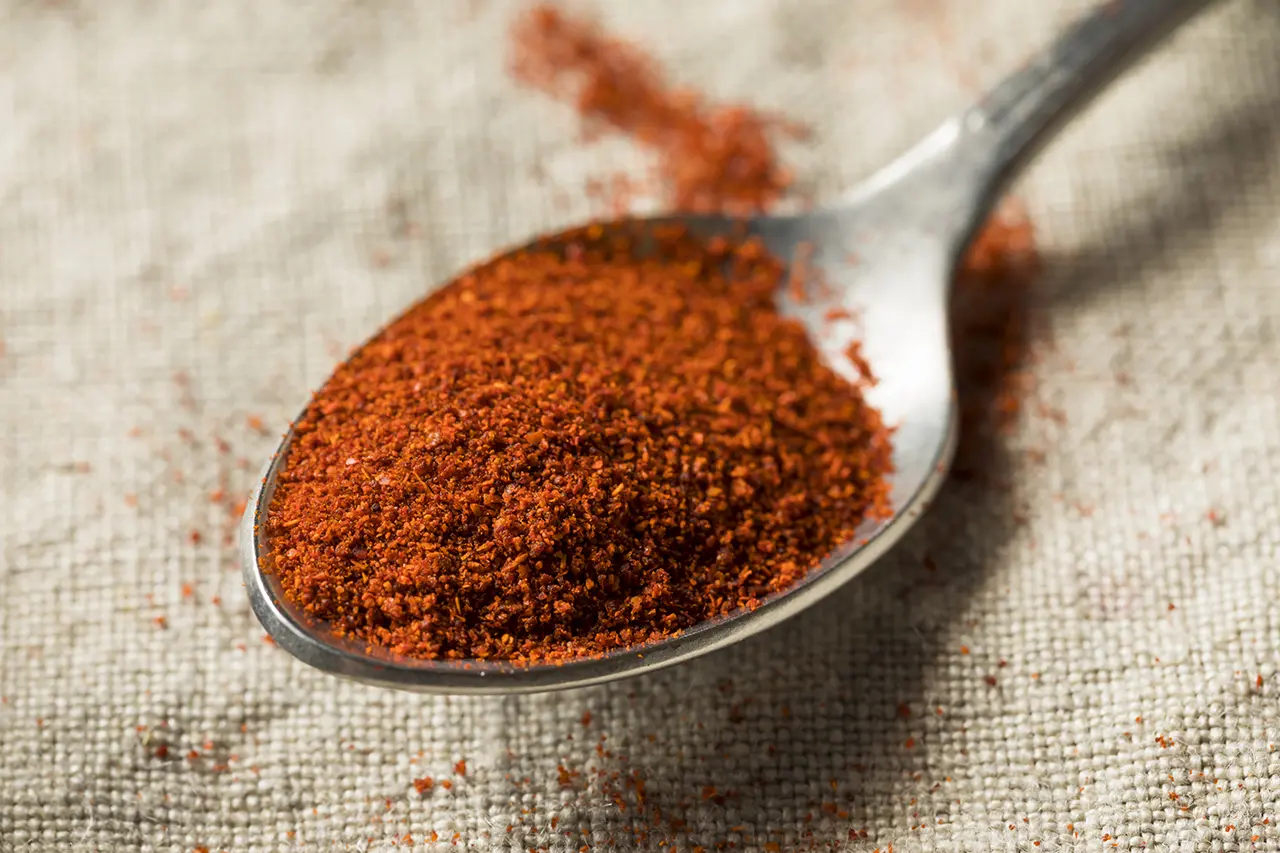Arguments over who invented hummus seem like political wars. They are very similar to those about Pisco between Chile and Peru, or mofongo between Puerto Rico and the Dominican Republic.
Was it the Turks, the Lebanese, the Greeks, or who? Who was the first to crush chickpeas? The truth is that, although the Arabs are given credit, there is a biblical passage in which it is interpreted that the Jews ate hummus in Bible times.
Should it be hot, cold, or room temperature? Lumpy or silky, do you notice more tahini or chickpeas, with sauce, more chickpeas on top, vegetables, pine nuts or ground meat? The discrepancy never ends, as each country interprets this recipe in its own way and, if you ask me, it is a matter of taste.
In Israel, Hummus has an assigned room on the table. On a trip to this country, I was surprised to see stores in the market, where they only made fresh tahini (sesame paste) and restaurants that they only serve different types of hummus. You can imagine how delicious they are. One was better than the other. Israeli hummus is characterized by being very colorful, smooth, almost like a sauce, always with various toppings (veggies, sauces, meat), and I would honestly say that it is my favorite.





